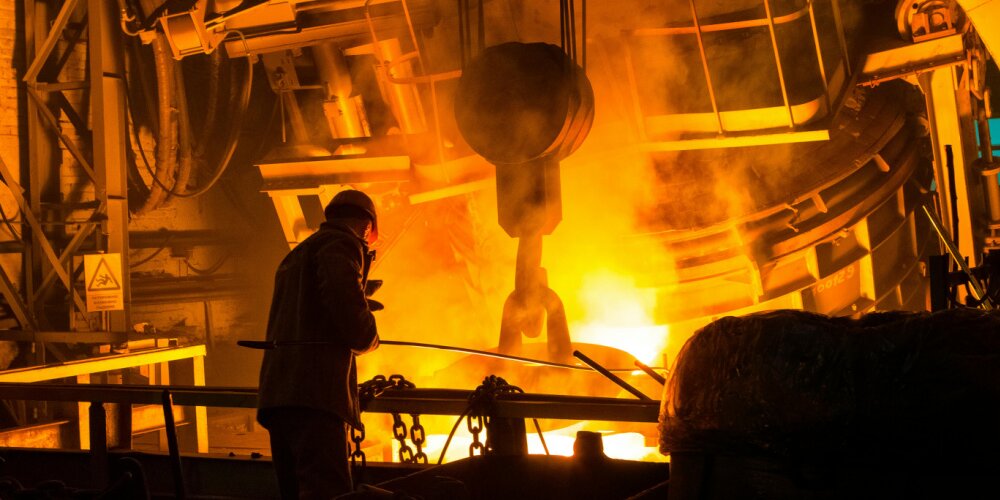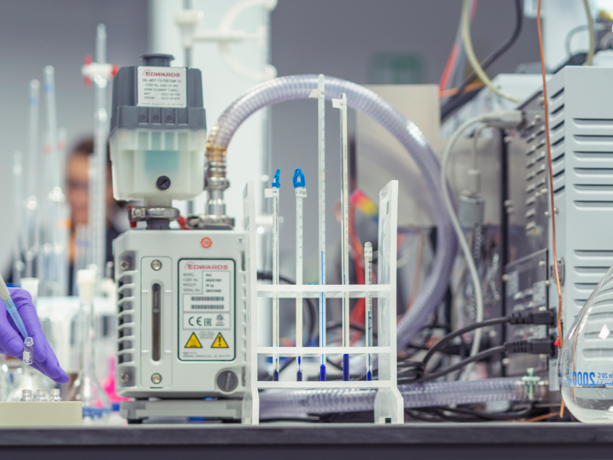First Real-World Test of Carbon-Free Aluminium Production Debuts in Canada

In an exciting world-first, Rio Tinto is set to put a new method of carbon-free aluminium smelting through real-world testing conditions. Working alongside the Québec government, this British-Australian mining company will construct and install the new technology at their Arvida smelter in Québec.
Aluminium is the second most utilised metal after steel, being used to produce everything from household consumables to elements of electrical grid infrastructure and vehicle manufacture. However, aluminium production is also responsible for approximately a billion tonnes of carbon dioxide emissions per year – around 2% of the global total.
These emissions are largely due to two processes involved in aluminium production: the initial burning of bauxite (aluminium ore) into alumina, and the extraction of pure aluminium from this compound.
It is the latter for which the Alvida plant is being modified, with plans to engineer and build 10 pots to test the commercialisation of a new method of aluminium electrolysis.
In order to extract the pure aluminium from alumina, the industry uses a method called electrolysis. This is where large electrical currents are used to separate alumina into oxygen and aluminium. Traditional methods of electrolysis use a carbon anode – but, this reacts with the oxygen to create high volumes of carbon dioxide.
To counteract this, the new Elysis electrolysis method (developed in a joint venture between Rio Tinto and Alcoa, another aluminium firm) uses an inert anode. These are commonly made from concrete or ceramics – and most importantly, can attract the newly separated oxygen without reacting, resulting in a carbon-free way to produce aluminium.
Using inert anodes, aluminium production can drastically reduce its carbon footprint, and therefore the footprint of many resultant products, like consumer goods, transportation, and vital items used within the electricity industry. In fact, according to Elysis, ‘its technology has the potential to cut yearly GHG [greenhouse gas] emissions by about seven million metric tons, or the equivalent of taking 1.8 million automobiles off the road, if it were solely used in Canada’.
The new plant is currently still being finalised, with Rio Tinto anticipating production to start in 2027. Whilst not yet in operation, the test plant promises to be an important step towards the wider commercialisation of decarbonisation solutions within the aluminium industry, something that is vital for the future of the planet.
Materials testing excellence at The Lab
Debuting new manufacturing methods can be daunting, as you won’t always know how a material will behave under new conditions. At The Lab, our range of materials testing services can give you the confidence to develop and refine your production methods.
We have a broad selection of investigations and analyses we can conduct to deepen your knowledge about the materials you use. From chemical and mechanical material identification and hardness testing, to preventative and reactive metallurgy investigations, our experts at The Lab should be your first call when it comes to testing new processes.
Discover our materials testing services today
For more information, industry insights, and the latest news, explore The Lab’s News and Knowledge Hub…
New Method Turns Red Mud into Green Steel | Can Solar Power Help Decarbonise Industrial Production? | Scientists Convert Sewage Sludge into Activated Carbon
- Date
- 25/09/2024
